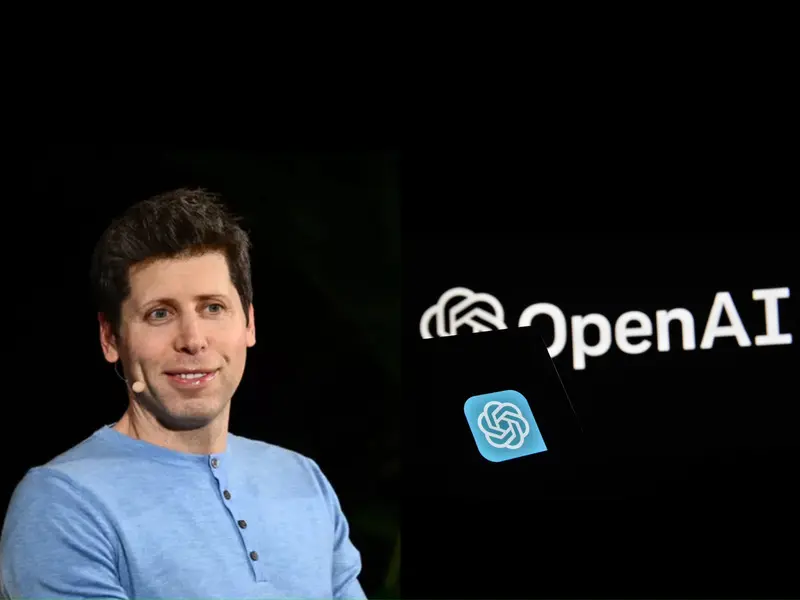- Balancing AI innovation with legislative safeguards for national interests.
- Challenges and prospects in regulating AI amidst growing concerns and global competition.
OpenAI CEO Sam Altman recently met with Republican U.S. House of Representatives Speaker Mike Johnson on Capitol Hill to discuss the promise and risks of artificial intelligence (AI). The meeting highlighted the ongoing challenges in the U.S. Congress regarding the regulation of AI, with Democrats pushing for regulation but facing obstacles in a polarized legislative environment. The concerns around AI include its potential to disrupt democratic processes, increase fraud, and contribute to job loss. While the Biden administration has been advocating for AI regulation, Europe is ahead in drafting AI rules. Altman and Johnson emphasized the need to balance the significant benefits of AI with mitigating potential risks. The context includes OpenAI’s transition from an open-source nonprofit to a capped-profit structure, Altman’s temporary ousting from the company, and Biden’s executive order requiring AI developers to share safety test results related to national security, the economy, and public safety with the federal government.
OpenAI CEO and U.S. House speaker discuss AI risks and regulation amidst congressional challenges
The recent meeting between OpenAI CEO Sam Altman and Republican U.S. House of Representatives Speaker Mike Johnson on Capitol Hill has underscored the complexity and controversy surrounding the issue of artificial intelligence (AI) regulation in the U.S. Congress. Despite the Biden administration’s ongoing efforts to push for legislation on AI regulation, progress has been slow due to the partisan divide, particularly with Republicans controlling the House and Democrats holding a majority in the Senate.
The rise of AI has raised widespread concerns, including fears of potential misuse, disruption of democratic processes, increased fraud risks, and job displacement. In this context, Europe has taken the lead in formulating regulations for AI, placing the U.S. in a lagging position.
During the meeting, Altman and Speaker Johnson emphasized the challenges of finding a balance in the development of AI. They discussed the need to regulate AI while fostering innovation, maintaining the nation’s competitive edge, and prudently addressing potential risks. Altman expressed excitement about the legislative process and highlighted the importance of mitigating the significant risks associated with AI, despite its substantial benefits.The broader background includes the organizational changes within OpenAI, transitioning from an open-source nonprofit to a capped-profit structure, and Altman’s temporary removal from the company, followed by his reinstatement with a promise of a new board. Additionally, the discussion touched upon President Biden’s executive order in November, requiring developers to share safety test results related to national security, the economy, and public safety concerning AI systems. This order goes beyond the voluntary commitments made by companies earlier in the year, sparking a more extensive dialogue. Collectively, these events contribute to the intricate discourse surrounding AI regulation.

